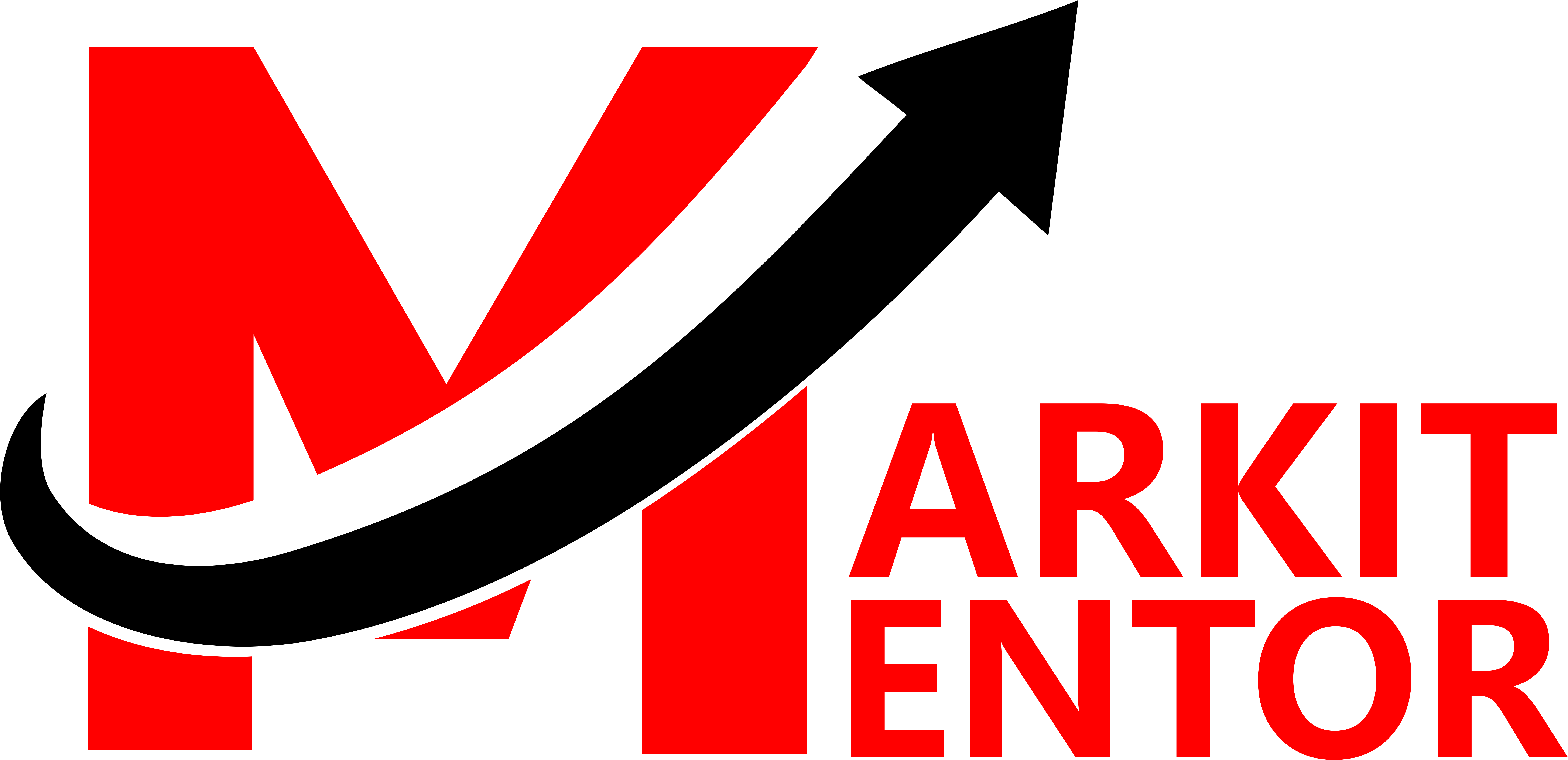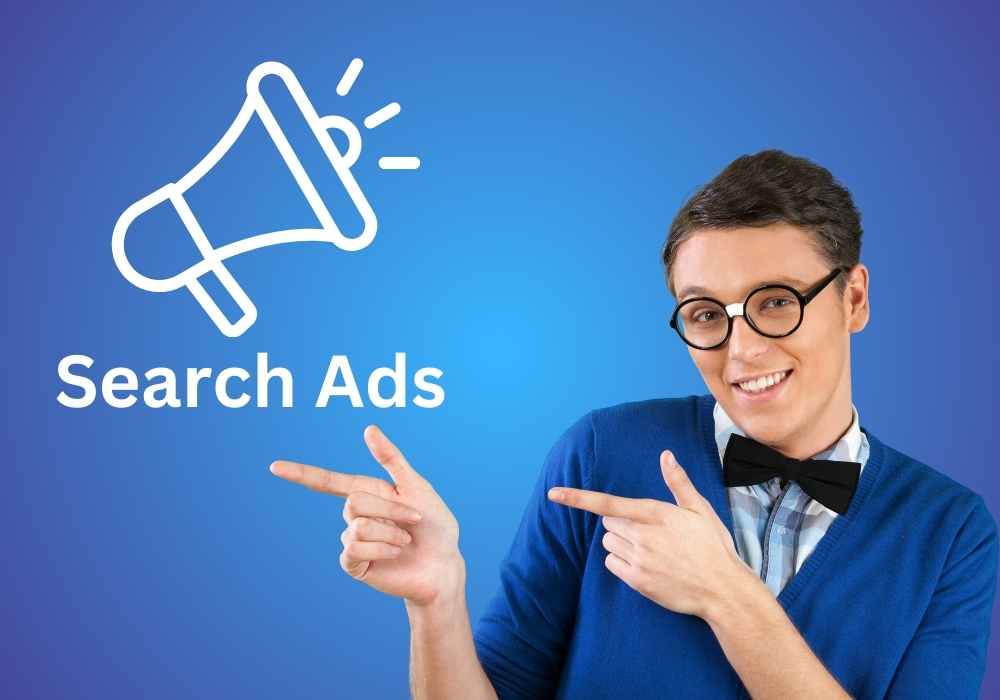In today’s digital age, businesses have more opportunities than ever to reach their target audience and drive growth. One such powerful tool that has transformed the landscape of online advertising is Pay-Per-Click (PPC) advertising. In this article, we will explore the ins and outs of PPC advertising, its benefits, and how it can unlock your business’s online potential.
What is PPC Advertising?
PPC advertising is a digital marketing model where advertisers pay a fee each time one of their ads is clicked. It is a way to buy visits to your website rather than attempting to earn those visits organically. The most popular platform for PPC advertising is Google Ads, but other search engines and social media platforms also offer similar services.
How Does PPC Work?
When users conduct searches using specific keywords or key phrases related to your business, your PPC ads appear at the top or bottom of the search engine results page (SERP). These ads are usually marked as “sponsored” to differentiate them from organic search results. The positioning of your ad is determined by a combination of your bid amount for the keyword and the quality and relevance of your ad.
Benefits of PPC Advertising
- Immediate Results: Unlike organic SEO efforts, PPC advertising delivers instant results. Once your campaign is set up, your ads can start appearing at the top of the search results, potentially bringing in qualified traffic to your website immediately.
- Highly Targeted: PPC allows you to target specific keywords, demographics, locations, and even the time of day when your ads should be displayed. This precision targeting ensures that your ad reaches the right audience at the right time.
- Cost Control: With PPC, you have complete control over your budget. You can set a daily or monthly cap on your spending, and you only pay when someone clicks on your ad. This level of control ensures you get the most value out of your advertising budget.
- Measurable Results: PPC advertising provides detailed analytics and data on your campaign’s performance. You can track clicks, impressions, conversions, and other essential metrics, enabling you to refine your strategy for optimal results.
- Enhanced Brand Visibility: Even if users don’t click on your PPC ad, its presence at the top of the search results enhances your brand’s visibility and credibility.
Tips for Effective PPC Advertising
- Keyword Research: Conduct thorough keyword research to identify relevant and high-performing keywords that align with your business goals.
- Compelling Ad Copy: Create compelling and relevant ad copy that entices users to click on your ad. Highlight your unique selling points and use a clear call-to-action (CTA).
- Landing Page Optimization: Ensure that your landing page is optimized for conversions. Make it easy for visitors to find the information they seek and take the desired action.
- A/B Testing: Continuously test different ad variations to identify what works best for your target audience. This includes testing ad copy, CTA, and landing page elements.
- Monitor and Optimize: Regularly monitor your PPC campaigns and make data-driven optimizations to improve performance and maximize ROI.
Advanced Strategies for Maximizing PPC Advertising Success
In our previous article, we explored the fundamentals of Pay-Per-Click (PPC) advertising and its benefits. Now, let’s delve into some advanced strategies that can take your PPC campaigns to the next level and ensure you achieve maximum success.
Remarketing Campaigns: Reconnecting with Potential Customers
Remarketing, also known as retargeting, is a powerful technique that allows you to reconnect with users who have previously visited your website but did not convert. By placing a tracking pixel on your site, you can show targeted ads to these potential customers as they browse other websites or social media platforms. Remarketing keeps your brand top-of-mind and encourages users to return and complete their intended action, such as making a purchase or filling out a form.
Ad Extensions: Expanding Your Ad’s Real Estate
Ad extensions are additional pieces of information that can be added to your PPC ads, providing more valuable information to users and increasing the overall visibility of your ads. Popular ad extensions include call extensions (displaying your phone number), site link extensions (directing users to specific pages on your website), and location extensions (displaying your business address and map). Using ad extensions can improve your ad’s click-through rate and enhance its relevance, resulting in better ad rankings and a higher likelihood of conversions.
Negative Keywords: Refining Your Audience Targeting
Negative keywords are keywords that you specify to prevent your ads from appearing when certain search terms are used. By incorporating negative keywords into your campaign, you can avoid displaying your ads for irrelevant or unrelated searches. This helps to filter out unqualified traffic and ensures that your ad budget is focused on reaching users who are genuinely interested in your products or services.
Ad Scheduling: Timing Your Ads for Optimal Performance
Ad scheduling allows you to control when your ads are displayed during the day or specific days of the week. Analyzing your campaign data can help you identify peak times when your target audience is most active and likely to engage with your ads. By strategically scheduling your ads, you can increase your visibility during high-conversion periods and reduce spending during low-activity hours, ultimately maximizing your return on investment.
Competitive Research: Staying Ahead of the Game
Keep a close eye on your competitors’ PPC strategies and keywords. Understanding what works for them can provide valuable insights for your own campaigns. Tools like Google’s Auction Insights can give you a detailed view of how your ads compare to competitors in the same auctions. Use this data to identify areas for improvement and to refine your bidding and targeting strategies.
Mobile Optimization: Capturing the Mobile Audience
With the growing number of mobile users, optimizing your PPC ads for mobile devices is crucial. Ensure that your landing pages are mobile-friendly, and your ad copy is concise yet compelling on smaller screens. Mobile-optimized campaigns can lead to higher click-through rates and better overall performance, especially considering the increasing trend of mobile-based searches and purchases.
Conclusion
Pay-Per-Click (PPC) advertising is a potent and versatile digital marketing strategy that empowers businesses to reach their target audience with precision and achieve tangible results. With immediate visibility, precise audience targeting, cost control, and measurable performance metrics, PPC offers a valuable avenue to drive traffic, generate leads, and enhance brand visibility. By adopting advanced strategies, such as remarketing, ad extensions, negative keywords, ad scheduling, and mobile optimization, businesses can optimize their PPC campaigns for maximum success. Embracing the power of PPC and continuously refining strategies based on performance data will propel businesses to new heights in the competitive digital landscape.
Frequently Asked Questions (FAQs) About PPC Advertising
Q. What is PPC advertising?
PPC advertising, short for Pay-Per-Click advertising, is a digital marketing model where advertisers pay a fee each time one of their ads is clicked. It is a way to drive traffic to a website, and advertisers only pay when someone interacts with their ad.
Q. Which platforms offer PPC advertising?
PPC advertising is offered by various platforms, with the most popular being Google Ads. Other platforms that provide PPC advertising include Bing Ads, Facebook Ads, Twitter Ads, LinkedIn Ads, and more.
Q. How does PPC differ from SEO (Search Engine Optimization)?
PPC and SEO are two distinct digital marketing strategies. While PPC involves paying for ad clicks, SEO focuses on optimizing a website to rank higher in organic search results. PPC delivers immediate results, while SEO takes time to build organic visibility.
Q. What are the benefits of PPC advertising?
The benefits of PPC advertising include immediate results, precise audience targeting, cost control, measurable performance metrics, and enhanced brand visibility. It offers a great way to generate leads and boost online visibility.
Q. How are keywords selected for a PPC campaign?
Keyword selection is a critical aspect of PPC advertising. Extensive keyword research is conducted to identify relevant and high-performing keywords that match the products or services offered. Advertisers bid on these keywords to display their ads when users search for those terms.
Q. What are ad extensions, and why are they important?
Ad extensions are additional pieces of information added to PPC ads, such as call extensions, site link extensions, and location extensions. Ad extensions enhance the ad’s visibility and provide more valuable information to users, increasing the chances of attracting clicks and conversions.
Q. What is remarketing, and how does it work?
Remarketing, also known as retargeting, is a technique that targets users who have previously visited a website but didn’t convert. By placing a tracking pixel on the site, advertisers can display targeted ads to these potential customers as they browse other websites or social media platforms.
Q. How can I measure the success of my PPC campaigns?
PPC platforms provide detailed analytics and performance metrics, including clicks, impressions, click-through rates (CTR), conversions, and return on investment (ROI). These metrics allow advertisers to assess the success of their campaigns and make data-driven optimizations.
Q. What are negative keywords, and why are they essential?
Negative keywords are keywords that advertisers specify to prevent their ads from showing up in irrelevant searches. Including negative keywords helps refine audience targeting, reduce wasted ad spend, and ensure the ads reach the most relevant audience.
Q. How can I optimize my PPC campaigns for mobile users?
Mobile optimization involves creating mobile-friendly ad copy and ensuring that landing pages are responsive and easy to navigate on mobile devices. With the increasing number of mobile users, mobile optimization is crucial to maximize campaign performance.
Q. Is PPC advertising suitable for all businesses?
PPC advertising can be beneficial for various businesses, but its effectiveness depends on factors such as the industry, budget, target audience, and campaign strategy. Conducting proper research and optimizing campaigns are key to success.
Q. How often should I review and adjust my PPC campaigns?
Regular monitoring is essential for PPC success. Review your campaigns frequently, and make adjustments based on performance data. A/B testing different ad elements can also help optimize your campaigns for better results.











